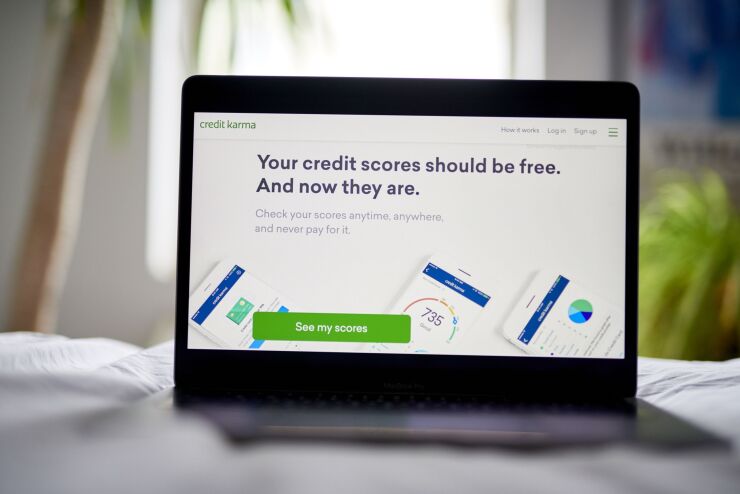The company partnered with
From there, it was only a matter of time before it realized the core value it could offer insurance, says Rory Joyce, head of Credit Karma Auto and an insurtech veteran (he co-founded the digital agency
“We have a frictionless way to connect your data, including a one-tap experience to bring in your driver and vehicle information from the DMV,” Joyce says. The company also had an app installed on the phones of millions, which was converted to collect driving data through Zendrive’s SDK.
Joyce says going directly to UBI was more aligned with Credit Karma’s mission to give customers more control over their financial health. Once customers opt in, they can see how their driving would affect their rates and get driving assistance. It’s the hope of the companies that they will then connect to Progressive for a
“All the reasons that UBI isn’t that popular are largely marketing-related,” Joyce says. “Now that the data quality allows us to do this through a mobile app, we can reach our millions of users at scale.”
Jim Haas, Progressive UBI business leader, says that the longtime market stalwart is looking at more ways to extend its program and that Credit Karma was a good opportunity. It’s similar to programs the company has in market with GM and Toyota where opt-in driving data from onboard systems gives customers a discount preview, but this is Progressive’s first foray in getting data from a third party via their mobile app.
“It’s a way for consumers to find out ahead of time if they are eligible for a discount and get it immediately, with not a lot of effort by them,” he says.
The data from Credit Karma is anonymized until a person starts a quote process, Haas adds. He also says that the model Progressive uses to score that data remains proprietary and invisible to Credit Karma.






